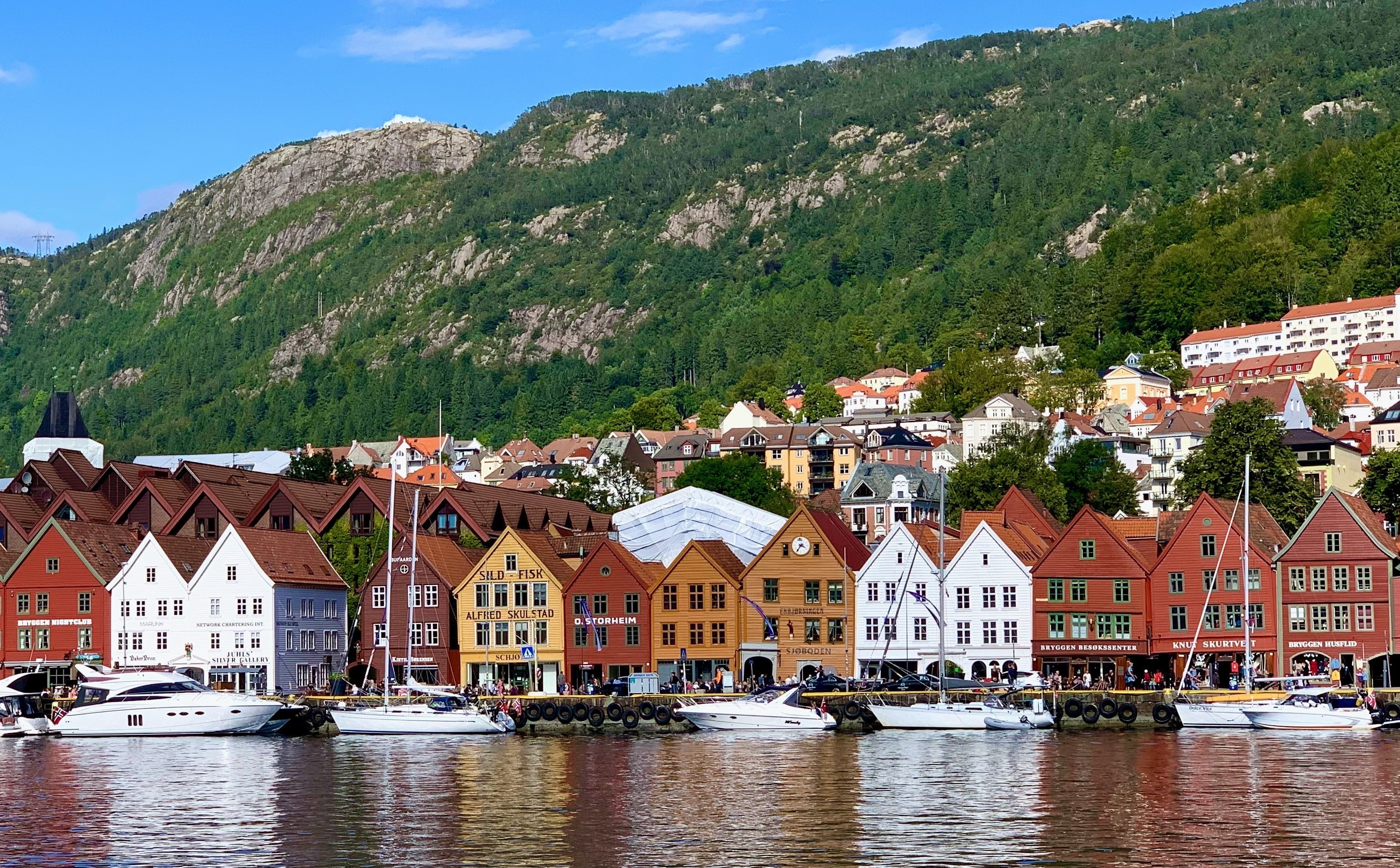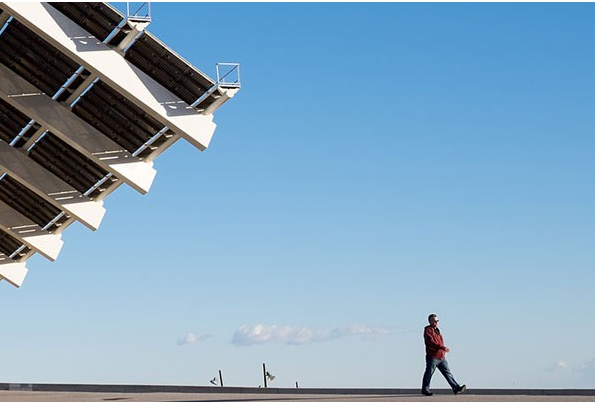Energy prices have broken all-time record highs during 2022. This, together with the need to strengthen decarbonization efforts, makes the analysis of energy and climate policies more relevant and exciting than ever. There is consensus regarding the need to reduce carbon emissions, promote renewables, and improve energy efficiency, but security of supply concerns have also come to the forefront of the policy debate.
The BSE Intensive Course on The Energy Crisis and the Energy Transition: Economics and Policy provides you (whether you are an economist, engineer, or lawyer, working in the private or public sector) with a thorough understanding of the most recent developments and economic insights to analyze the performance of current and potential energy and climate policies.
The course, which takes place at the Barcelona GSE on May 11-12 2023, provides an informed overview of the energy crisis (its causes and effects), the policy reforms that have been put in place (e.g., the Iberian exception to reduce electricity prices and the EU Hydrogen and Decarbonised Gas Market Package, among others) or those that are currently being discussed (e.g., the European Commission’s proposal on the electricity market reform).
Time also is devoted to discussing some of the challenges likely to arise during the energy transition, such as those related to industrial competitiveness and the need to finance low-carbon investments.
The program’s faculty includes leading international scholars and practitioners with extensive experience of the application of economic techniques to designing and assessing the performance of energy and climate policies. The Directors of the course are Massimo Motta (BGSE) and Natalia Fabra, head of EnergyEcoLab. Instructors are Natalia Fabra, Albert Banal-Estañol, Mar Reguant, and Lluís Saurí.







